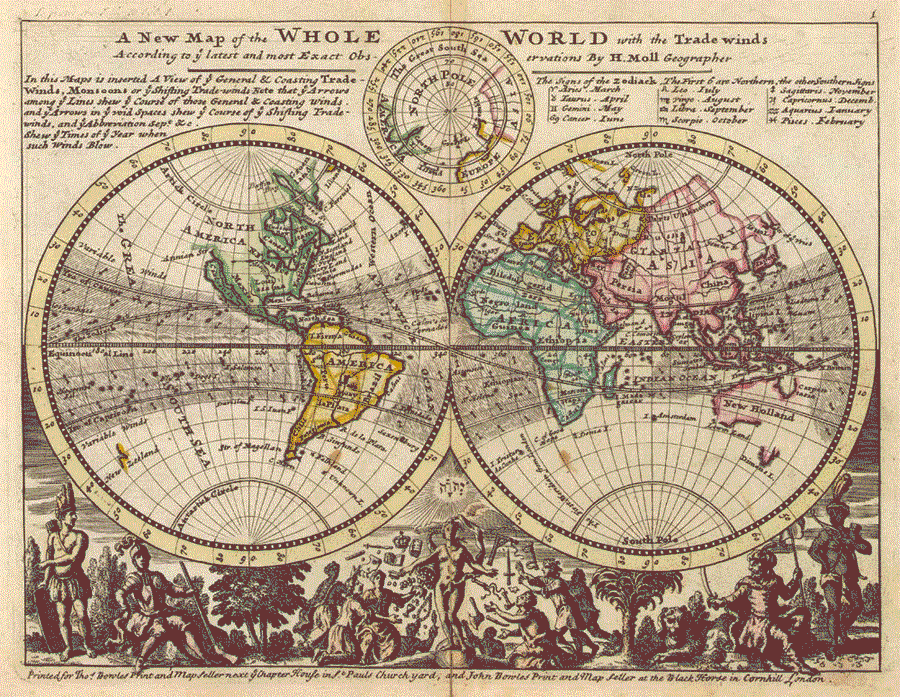

The economic growth of Qatar has been almost exclusively based on its petrol and natural gas industry, which began in 1940[43] The country has experienced rapid growth over the last several years due to high oil prices, and in 2008 posted its eighth consecutive budget surplus. Economic policy is focused on developing Qatar's non-associated natural gas reserves and increasing private and foreign investment in non-energy sectors, but oil and gas still account for more than 50% of GDP; roughly 85% of export earnings, and 70% of government revenues.
Oil and gas have made Qatar one of the highest per-capita income countries, and one of the world's fastest growing. The World Bank states that Qatar has the third highest GDP per capita of $93,825 since the past 4 years. Proved oil reserves of 15 billion barrels should enable continued output at current levels for 37 years. Qatar's proved reserves of natural gas are nearly 26 trillion cubic metres, about 14% of the world total and the third largest in the world.
Now, the country has a high standard of living, with many social services offered to its citizens and all the amenities of any modern state. It relies heavily on foreign labour to grow its economy, to the extent that 94% of its labour is carried out by foreigners. Labour laws in Qatar have improved over recent years, and Qatar is now the only state in the GCC to allow labour unions.
Qatar’s national income primarily derives from oil and natural gas exports. The country has oil reserves of 15 billion barrels, while gas reserves in the giant North Field (which straddles the border with Saudi Arabia and is almost as large as the peninsula itself) are estimated to be between 80 trillion cubic feet (2.3×1012 m3) to 800 trillion cubic feet (23×1012 m3) (1 trillion cubic feet of gas is equivalent to about 180 million barrels (29×106 m3) of oil).
Qataris’ wealth and standard of living compare well with those of Western European states; Qatar has the highest GDP per capita in the Arab World, according to the International Monetary Fund (2010) and the CIA World Fact book.[45] With no income tax, Qatar (along with Bahrain) is one of the countries with the lowest tax rates in the world.
The FIFA World Cup will be held in Qatar in the year 2022 and this brings an opportunity for entrepreneurs to try and bag a large part of the budget allocation in the area of construction by the Qatari government. The Qatar National Vision 2030 aims at creating a prosperous country and channelling its resources in the welfare of its people. They aim to create a dynamic economy mainly focussing on the private sector by now providing previously undreamt opportunities for nation building.
The Qatari government hopes that large-scale investment in all social and economic sectors will lead to the development of a strong financial market.
Qatari culture (music, art, dress, and cuisine) is similar to that of other Arab countries of the Persian Gulf;. Arab tribes from Saudi Arabia migrated to Qatar and other places in the gulf; therefore, the culture in the Persian Gulf region varies little from country to country.
Qatar explicitly uses Sharia law as the basis of its government, and the vast majority of its citizens follow Han Bali Madhhab. (The other three are Hanafi, Maliki and Shafii). Sunni Muslims believe that all four schools have "correct guidance", and the differences between them lie not in the fundamentals of faith, but in finer judgments and jurisprudence, which are a result of the independent reasoning of the imams and the scholars who followed them. Because their individual methodologies of interpretation and extraction from the primary sources (usul) were different, they came to different judgments on particular matters. Shi'as comprises around 10% of the Muslim population in Qatar.